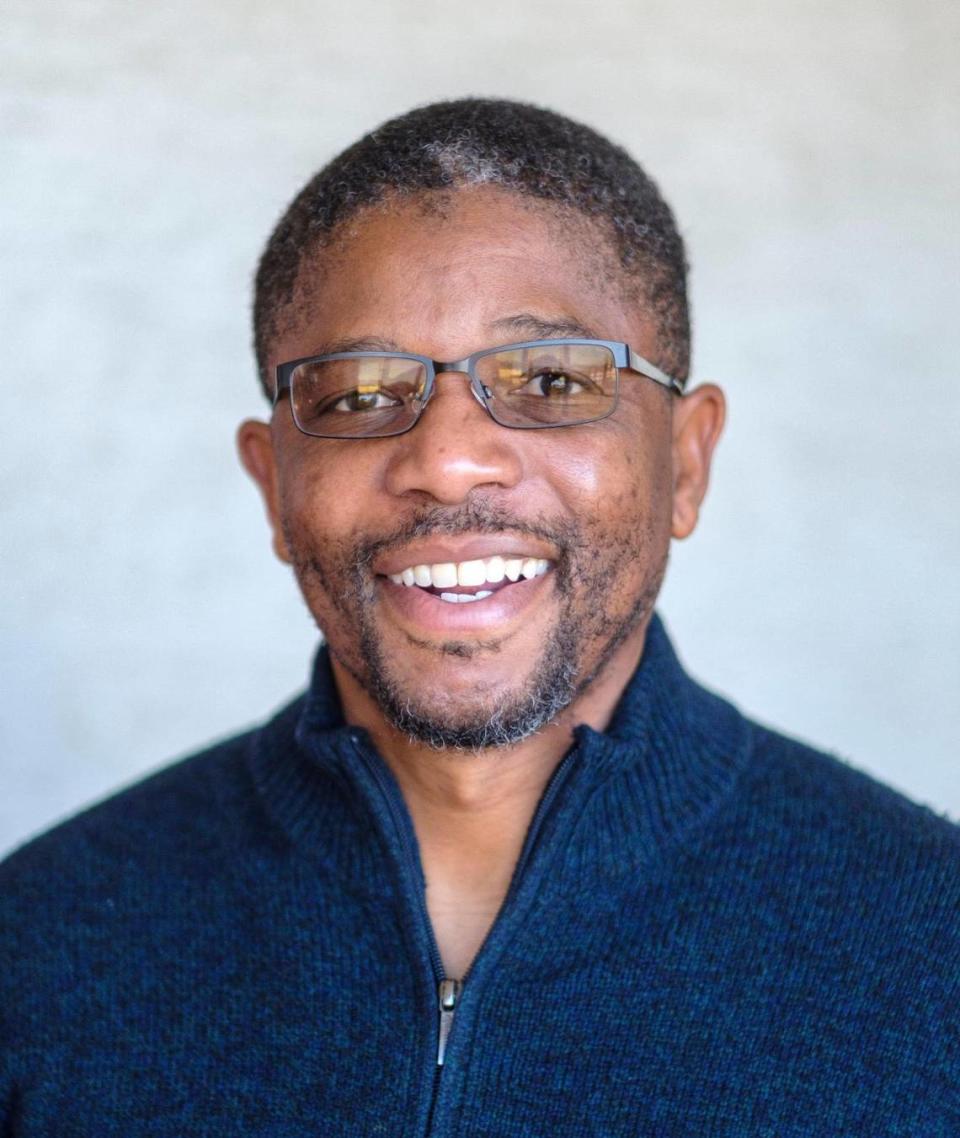Brittanee Drexel case: Victimized SC family sues the FBI | Opinion
The Taylor family of McClellanville, S.C. wants you to know they have no intention of going quietly into that good night. Despite enduring years of smears that would have forced most people into the fetal position in a dark corner, they plan to keep fighting to get their name back.
That’s why they filed a lawsuit Tuesday against the Department of Justice and the FBI in U.S. District Court in Charleston, S.C. They are asking for $107 million in damages — and a public declaration of innocence.

“We now know that the FBI and local police had ruled (Timothy Dashaun Taylor) out as a suspect by 2018 at the latest, but intentionally concealed that information from the Plaintiff and the public,” the family’s attorney, Ryan McKaig, wrote in the filing against the FBI.
The family and McKaig say the FBI did more than conceal. It falsely accused the Taylors of feeding a 17-year-old girl to alligators — after they supposedly gang raped her after trying, unsuccessfully, to sell her into sex trafficking. The FBI pumped into the public consciousness the idea that Timothy Shaun Taylor of a small community near the Georgetown-Charleston county line allegedly shot Brittanee Drexel of Rochester, N.Y. after she tried to escape a “trap house” where a drug deal was supposedly going down and she was being raped by several men.
The FBI claimed Taylor’s son, Timothy Dashaun Taylor — then 17 years old — was a mastermind of Drexel’s kidnapping. They based those horrific lies on a tall tale from a man who was serving a long prison sentence. The FBI claimed it had corroboration it did not have, because none of it was true. The word of prison informants is among the least-reliable forms of evidence. Yet, the FBI used one to nearly destroy a family.
“Various versions of this story have been told endlessly in the press over the last 15 years,” McKaig said in his filing. “The story has been reported in local, national, and international media. Major networks have dedicated hours of prime-time documentary coverage trying to unravel the strange and at times impossible twists this story has taken. Much of the narrative has been a false and self-serving tale told by the FBI.”
The real perpetrator was a convicted sex offender named Raymond Moody. He had served 21 years in a California prison for the awful things he had done to more than half a dozen girls and young women. He wasn’t definitively identified until 13 years after he kidnapped, raped and murdered Drexel. During most of that period, the Taylors were publicly considered the primary suspects, in large part because of the fantastical tale the FBI told.
Despite Moody’s conviction in May of 2022 after he led authorities to where he buried Drexel’s body, the FBI didn’t offer the Taylors as much as an apology.
That was more than a year and a half ago. The FBI has ignored the Taylors’ repeated attempts at a potential sit-down or requests for the agency to make amends. They have even slow-walked Dashaun Taylor’s efforts to review his own FBI file. That’s despite the agency being part of a Department of Justice led by Merrick Garland, a man who has long argued he’s concerned with stamping out racial injustice.
I’ve reviewed and investigated numerous cases of injustice over the past decade. I’ve seen none as egregious as this one. And though the FBI supercharged interest with talk of a girl being fed to alligators, local law enforcement officials from Myrtle Beach to Charleston also have a lot for which they have yet to answer. Before the FBI’s entry into the case, it was local officials who pointed fingers at the Taylors and hounded them, which resulted in numerous death threats, loss of jobs and medical and mental health maladies that have affected three generations of Taylors. Those local authorities also walked away without expressing sincere remorse for their role in the Taylors’ plight.
The Taylors are right to hold the FBI to account. Local authorities must also be held accountable.
Issac Bailey is a Carolinas opinion writer for McClatchy.

